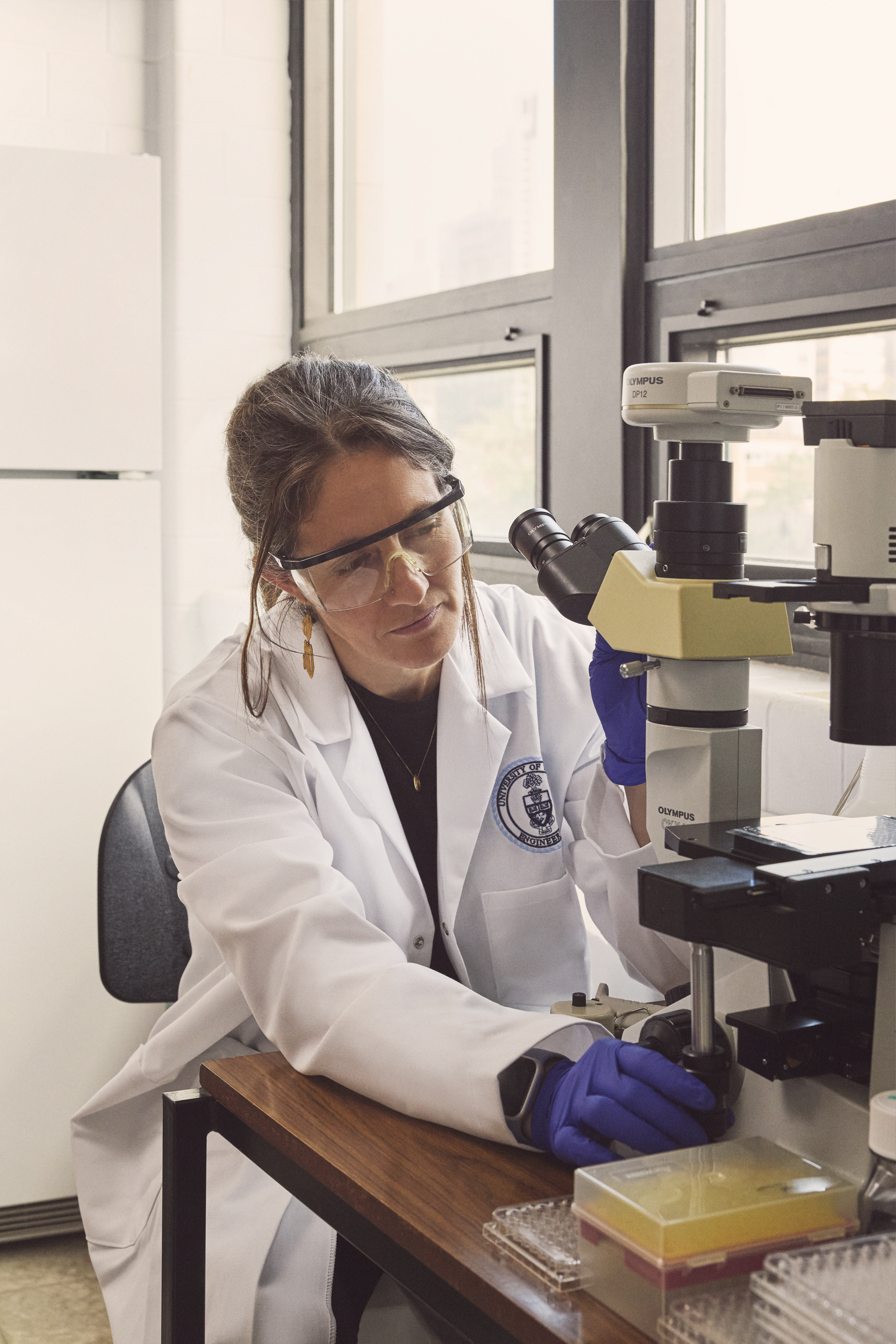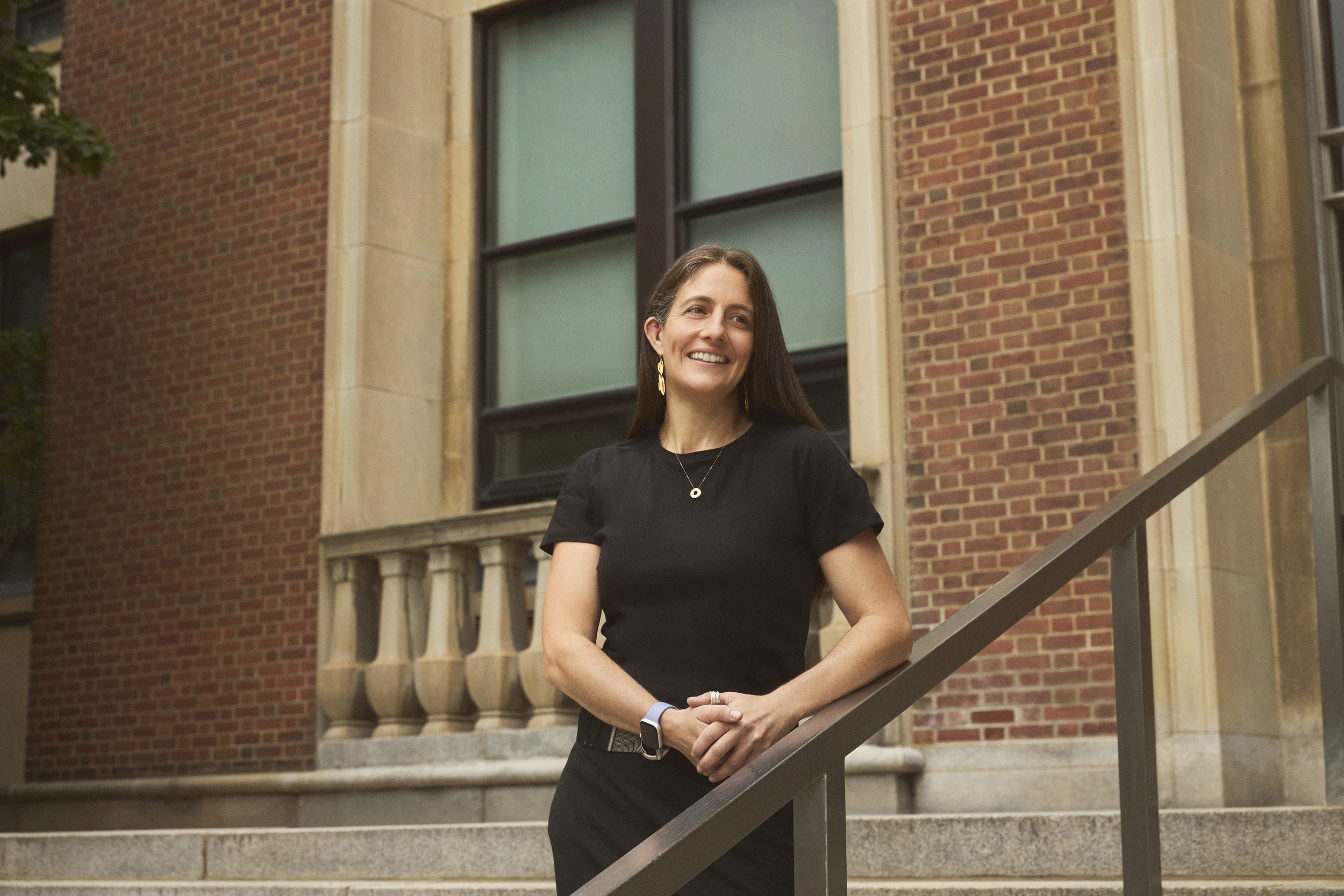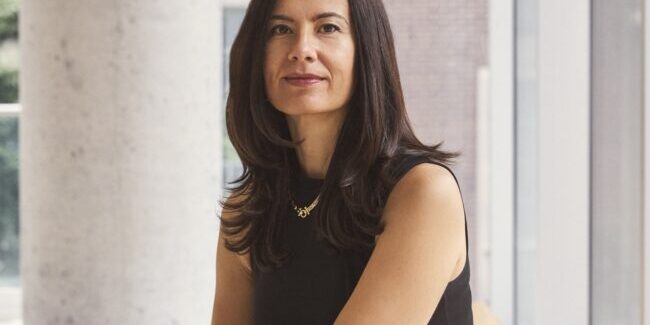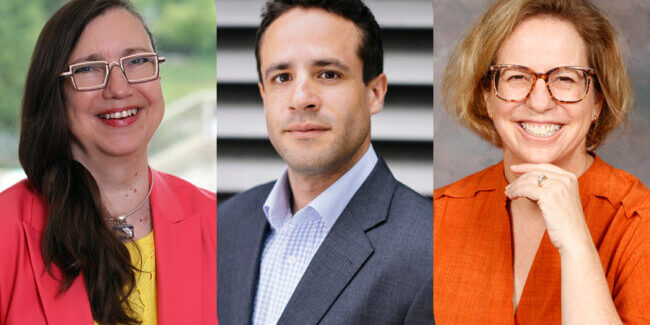Professor Alison McGuigan (ChemE, BME) has earned an Arthur B. McDonald Fellowship from the Natural Sciences and Engineering Research Council (NSERC).
The award will enable her to scale up her work on disease modelling and tissue engineering.
McGuigan and her research group create in vitro ‘tissue-in-a-dish’ models that can mimic how diseases progress and respond to potential treatments.
Their work aims to advance personalized medicine and accelerate new treatments for diseases by increasing the understanding of patient-to-patient variability in how individuals respond to diseases and different treatments.
But to realize this impact, the McGuigan Lab will need to increase the capacity, throughput and production capabilities of their platforms and models.
This includes developing more automated manufacturing processes for her Scaffold-supported Platform for Organoid-based Tissues (SPOT), which can assess drug sensitivity of patient-derived organoids — artificially grown three-dimensional tissues that approximate the functions of organs.
“By scaling up the SPOT platform, we can explore problems in cancer, such as how to target diseased tissues when obesity or other patient variables are a factor,” McGuigan says.
“When you are able to model diseases at scale, you can start thinking beyond one patient in a dish and model patient-to-patient variation in a dish. This will allow for better representation of the diversity seen in human disease populations and improve health-care outcomes.”

McGuigan currently holds the Canada Research Chair in Tissue Engineering and Disease Modelling. In 2022, she became a fellow of the Canadian Academy of Engineering and the Tissue Engineering and Regenerative Medicine International Society.
The Arthur B. McDonald Fellowships recognize early-stage academic researchers in the natural sciences and engineering to enhance their research capacity so that they can become leaders in their field. NSERC awards up to six fellowships to researchers from across Canada each year.
McGuigan credits the collaborative, supportive research community within U of T Engineering for enabling the creative vision that emerges from her work. A key focus for her during the fellowship will be to integrate emerging technology in synthetic biology, robotics and artificial intelligence into artificial tissue models.
“I am a big proponent of team science, and I am privileged to be a part of an interdisciplinary team trying to solve these hard problems in regenerative medicine — a field that is constantly changing,” she says.
“I am deeply appreciative of the opportunities the fellowship will provide, especially being able to have this time to focus and plan how to take my research to the next level, where it can contribute to saving lives.”
“Professor McGuigan’s innovative disease modelling and tissue engineering research is a remarkable example of our faculty’s commitment to finding new ways to diagnose, treat and prevent illness,” says Christopher Yip, Dean of U of T Engineering.
“On behalf of the entire faculty, congratulations on this national recognition and well-deserved honour.”




